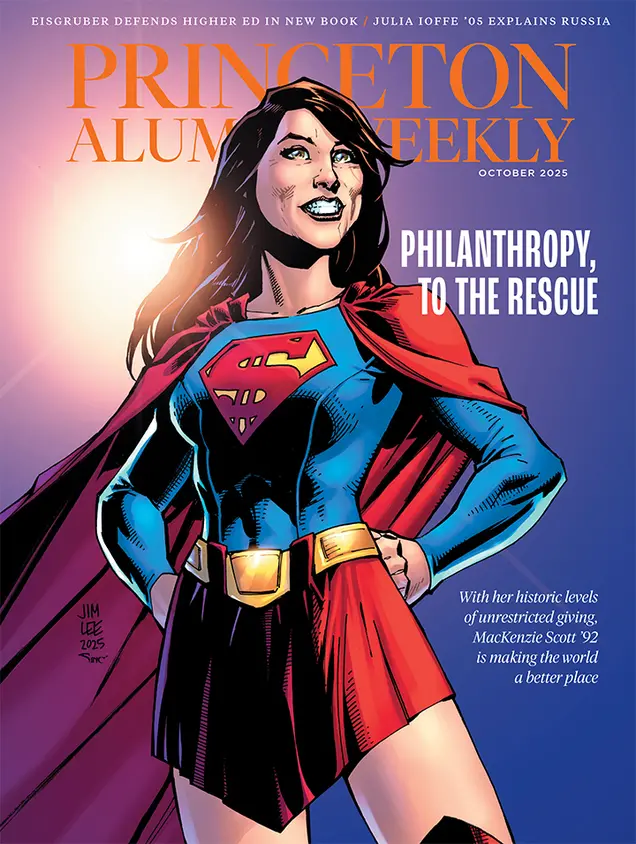Ira Benjamin Wheeler ’42
Ira died on Aug. 10, 2002, in NYC. At Princeton, after preparation at Deerfield Academy, he was an honors chemistry major and a member of the Glee Club and Quadrangle. His lacrosse team won the class lacrosse national championship. During WWII, Ira joined the Coast Guard; he was the executive officer of Landing Ship Tank (LST) 585, which participated in the invasions of Iwo Jima and Okinawa.
Ira spent most of his business career with Celanese Corp., where he started in 1960 in marketing. He became assistant to the president and advanced to corporate vice president before retiring in 1982.
His active life after leaving Celanese inspired all who knew him: As a director and consultant of the National Executive Service Corps, he had numerous non profit clients. He was also a director of Literacy Partners. Ira was a highly esteemed member of the Canterbury Choral Society and our class treasurer. Most amazingly, he became an actor with parts in 24 movies including the award-winning Killing Fields and Hannah and Her Sisters.
To his wife, Mary; his surviving children, Timothy and Dorothy Bacon; his grandchildren and stepchildren, the class extends its sincerest condolences for the loss of our remarkable classmate.
The Class of 1942
Paw in print

October 2025
Philanthropist MacKenzie Scott ’92; President Eisgruber ’83 defends higher ed; Julia Ioffe ’05 explains Russia.


No responses yet